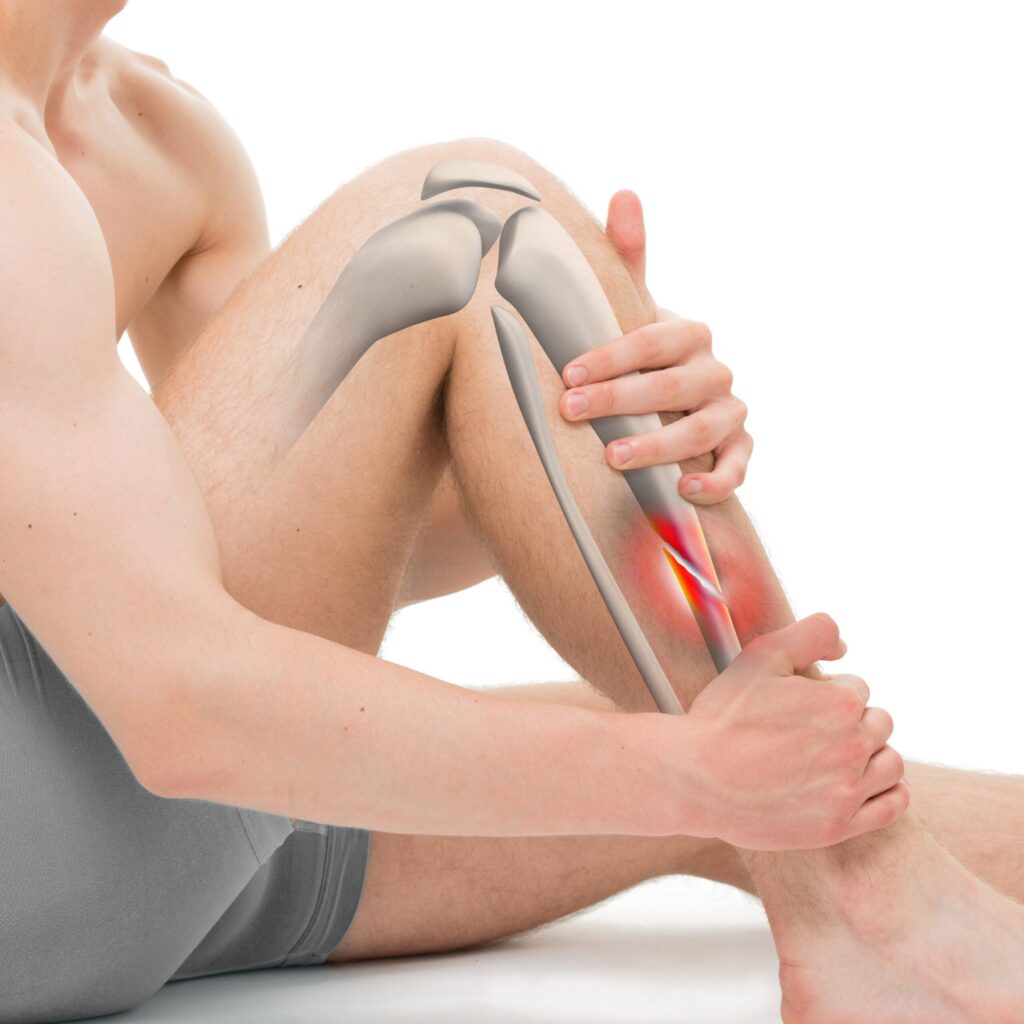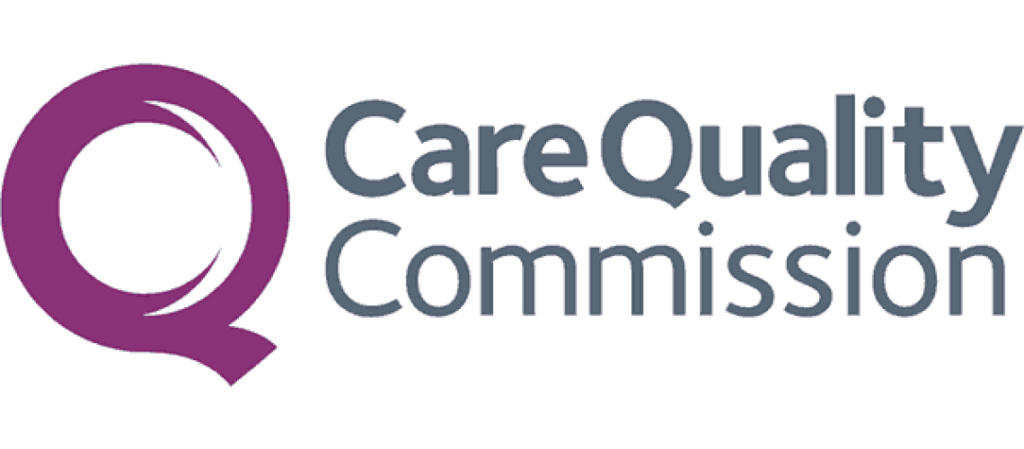Fracture Fixation
Fracture fixation treatment is used to stabilise broken bones, promote proper healing, and restore function.
At a glance
About
A fracture is a break in a bone, often caused by trauma, falls, or high-impact injuries.
Effective
Referrals
Not Needed
Booking
Instant-book option available
Cost
-
Lincolnshire £ 9000
Nature of fracture fixation
Fracture fixation is a surgical procedure that secures broken bones using metal implants such as screws, plates, rods, or pins. This stabilisation holds the bone fragments in the correct position to allow proper alignment and healing. It is performed under sterile conditions, often with the support of imaging to guide placement.
Common causes of bone fractures
Bone fractures often occur due to:
Trauma or accidents: High-impact events like falls, vehicle collisions, or sports injuries are a leading cause.
Osteoporosis: Weakened bones are more susceptible to fractures from minimal force or stress.
Overuse or stress fractures: Repetitive activities or inadequate rest can cause small cracks in the bone, especially in athletes.
Pathological fractures: Conditions like bone cancer or infections can weaken bone and make it prone to breaking.
Occupational risks: Jobs involving manual labour, heavy lifting, or machinery increase the risk of fractures.
Diagnosing suitability for fracture fixation treatment
Diagnosis starts with a physical examination and a detailed review of how the injury occurred. X-rays, CT scans, or MRIs are used to assess the type, location, and complexity of the fracture. Suitability for fracture fixation depends on factors such as whether the bone is displaced, whether it is stable enough for conservative treatment, and the patient’s general health. Surgical fixation is recommended when proper alignment cannot be achieved or maintained by casting alone.
Suitable for
Displaced bone fractures

Complex or unstable fractures

Treatment overview
Fracture fixation involves surgically inserting hardware—such as plates, screws, rods, or pins—to secure the broken bone in place during healing. This technique ensures correct bone alignment and prevents movement at the fracture site. It is especially useful in complex fractures that cannot be managed with external supports alone. The approach and type of fixation depend on the bone involved, the severity of the break, and the patient’s activity level. Fixation improves healing outcomes, reduces recovery time, and allows for earlier mobilisation.
Fracture fixation is a targeted procedure that holds the broken bone in the correct position to allow proper healing. It plays a critical role in restoring mobility, especially when non-surgical methods like casting are not sufficient.

Benefits

Stabilises complex or unstable fractures

Promotes accurate bone healing

Enables earlier movement and rehab

Reduces risk of long-term deformity

Durable and reliable surgical solution
How to Pay
We offer a range of flexible payment options to make your treatment experience smooth and stress-free.
Paying for Yourself (Preferred Option)
Most patients choose to self-fund their treatment. We accept:
- Bank Transfers
- Credit/Debit Cards
- Cash (in person only)
Instalment Plans
We’ve partnered with GoCardless to offer interest-free instalment options. You can easily set up a Direct Debit to spread the cost of your treatment over time.
Finance Options
Looking for a financing plan? You can apply through Kandoo, our trusted finance partner.
- Instant online decision
- No impact on your credit score
- Multiple lenders for competitive rates
Private Medical Insurance (Limited Availability)
We work with a small number of approved insurance providers. However, due to restrictions from many insurers, not all treatments are covered. Please check with your insurer and speak to our team before booking to avoid disappointment.
The booking process
Online booking/call
Use our Calendly to book an initial consultation, or give us a call.
01
Consult
If you are a new patient, our doctors might arrange a consultation before treatment.
02
Treatment
You will be booked in for treatment.
03
Follow up
Our doctors might arrange a follow-up consultation, to check your response to treatment.
04
Discharge
Once your doctor is happy with your recovery, you will be discharged. After discharge, we are always here for further questions or support, should you need it.
05
Frequently Asked Questions
How long does fracture fixation surgery take?
It depends on the location and complexity of the fracture, but most procedures last between 1 to 3 hours.
Will I need physical therapy after fracture fixation?
Yes, physiotherapy is often recommended to regain strength, flexibility, and mobility following the procedure.
Is the fixation hardware permanent?
In many cases, hardware can remain in place indefinitely. If needed, it may be removed after healing.
Schedule A Discovery Call With Us
Don’t wait to find relief. Whether it’s a consultation, scan, or treatment, we’re ready to help.






